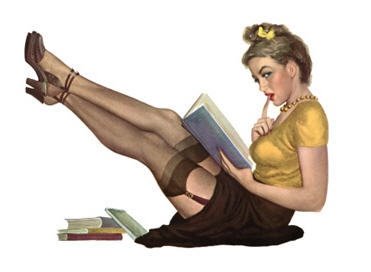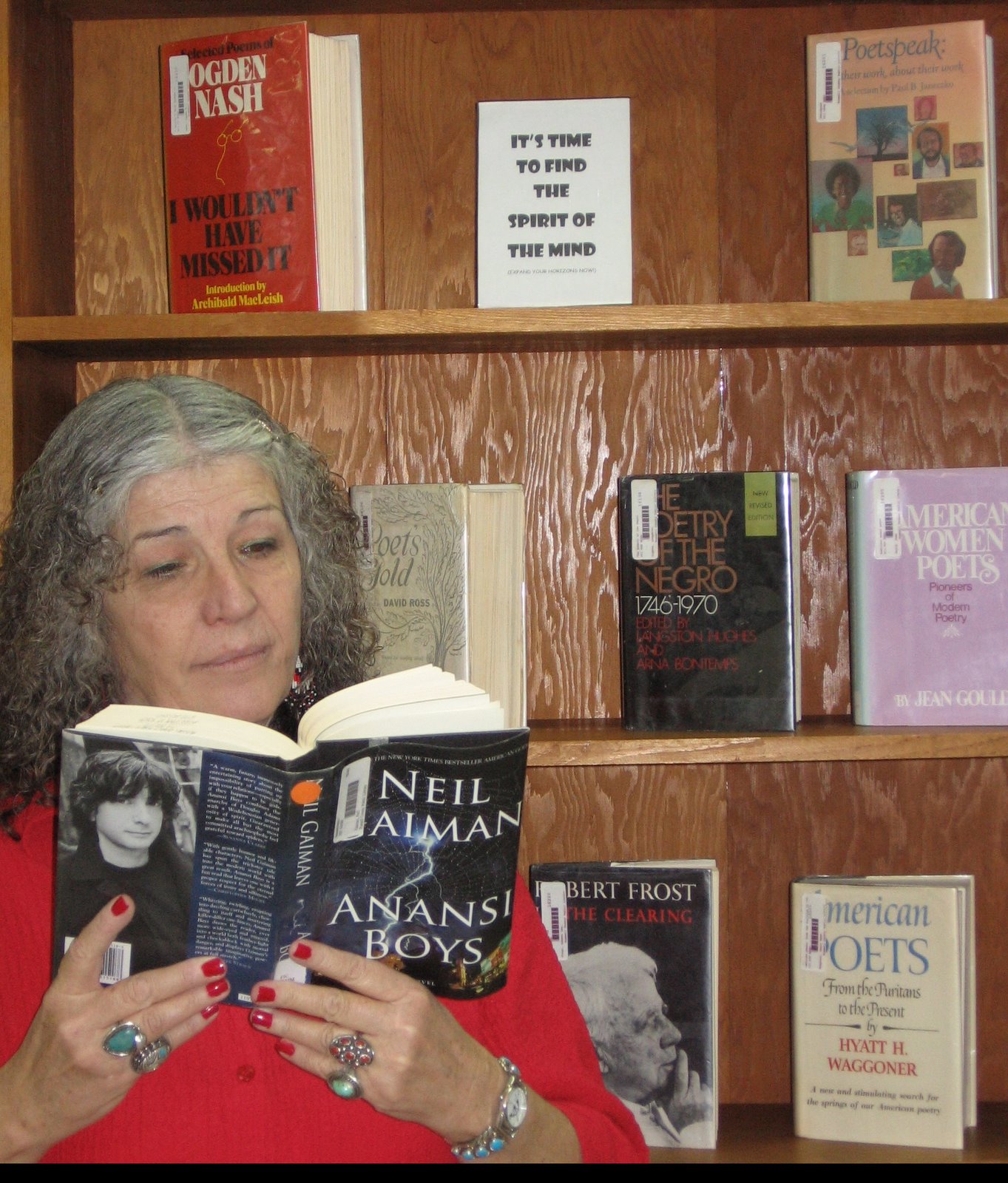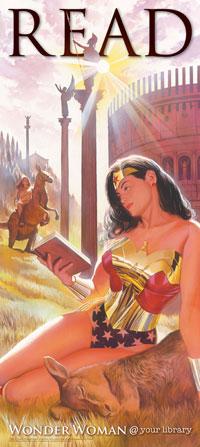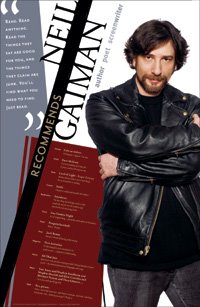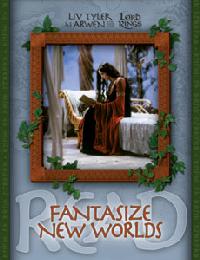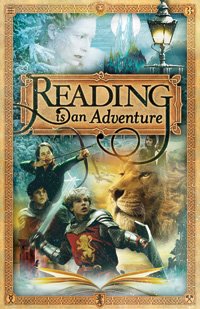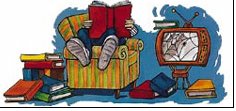The land is part of the Jackson Purchase of 1818 when Andrew Jackson signed a treaty with the Chickasaw Indian nation and the states of Kentucky and Tennessee were enlarged by approximately 2,000 and 6,000 square miles respectively. About half of the settlers were of English/Scots/Irish descent.
The charm of this book is that Mason is such a talented writer that when she concentrates her attention on her home place and home folks the lessons learned there are surprisingly applicable to the world beyond those borders.
Bobbie highlights a way of life that is fast disappearing. She talks about her ancestors being lured over the ocean to America by what she calls false advertising: "The Promised Land". Once here, they discovered they had to work hard, clearing rocks and stumps, raising livestock, killing hogs, breaking new ground, gathering dried corn in the fall, herding cows with dogs, churning, quilting, etc. Bobbie's Mother uses idioms that are dying out along with those small family farms.
Bobbie's generation left home and abandoned the old ways. They succumbed to the highway calling and the radio calling. They wanted to go places and find out what was there. They didn't want to be slaves to nature. They had found out that maintaining the Garden of Eden was too much work: hoeing, mending fences, baling hay, milking cows.
She questions this. Why wasn't it satisfying? Why did they lose their knowledge of nature? The problem with leaving is that you have to keep looking back to see where you've been. What about the charms or idealized portions of that existence? You did have to know about the Earth and her seasons; the wind, weather, and soil. What about the slow enduring pace of regular toil and the habit of mind that goes with it? The habit of knowing what is lasting and of noting every nuance of soil and water and season. She bemoans the fact that what her ancestors know is gone and only idioms linger.
These are things that we would do well to pay attention to, since Kentucky is an agricultural state ranking 4th in the nation in the number of family farms. And she concentrates on the central dynamic of the area, which is the tension of holding on to a way of life and letting in a new way. When land is spoken of these days it's in an opportunistic tone about a buck to be made. But the big money always seems to be made by someone else, not the people who know the land. There was an interesting dichotomy involved in her growing up on the farm. Though her family was clearly very self sufficient and quite capable she always felt like the country clodhopper and very inferior because they worked the soil.
Bobbie traveled around the south as president of the Hilltoppers Fan Club, spent a year in New York City, but basically spent the decade of the sixties in school. And with the 60's came the dramatic shift in society. Suddenly everything that she had strived for were the wrong goals and with the racial violence and bigotry that flooded the newsmagazines she was even more ashamed of being from the south, the home of so many lynchings. But the counterculture saved her and she met her husband and turned back towards home.
Eventually Bobbie learned to draw on that same culture that made her feel inferior and turn it into her wellspring. She became a writer and her mother was her chief inspiration. She and her husband bought a place in Kentucky and she returned to her home state because she said she had unfinished business. But she did not move all the way home to her homeplace. The land they bought was a long way from Mayfield. She had thankfully escaped the hardship of the old ways, but she wanted to live near an airport. She wanted to keep some distance and keep her options open.
When Bobbie's father dies, she has to come to terms with what to do about her Mother. All her mother's widow friends tell her the old farm is too much for her that she'd be happier moving to town and getting a smaller more manageable place. When they talk about the old times and how hard they were, her mother says "The men didn't see any need in making life easier for the women. I look back and see how women were treated and what we put up with, and I just wonder why we did it. I'm amazed." "Then don't you think it's high time you had a little something for yourself?" Bobbie answers. "Well, I'm too used to the old ways, I guess," her mother replies. Her mother manages alone for a few years, and Bobbie takes her around to look at other smaller places in Mayfield that she knows well. But her Mother finds fault with each one, and Bobbie comes to realize how important it is for her mother to keep the place in the family. It is the place where she was raised and she raised her own. It's home. She wants them to care about it and inherit it and carry it on somehow, as they used to in the old days. It is the value and meaning of the homeplace to her.
So they compromise and buy her Mom a house so that she won't have to sell the farm. She can still have her garden and go fishing and they'll rent out the farmhouse and continue to lease the fields. The farm will remain in the Mason name.
This is a wonderfully heartfelt book about home, and leaving, and coming home again, and all those life lessons learned along the way. Bobbie's prose is lyrical, like this excerpt about her parents:
"I read so much into my parents. I read the character and history of America in them as if they were a book. I read them in the ground, in the patch of grass where their barn used to be, in the sentinel yuccas by the driveway, in the lightning-scarred oak trees at the edge of the woods. I link them to the early journeys over the ocean, the revolving generations, the plow turning the furrow. While riding the rows on his tractor, Daddy mulled over the way the world works, just as I've done while sitting at the controls at my desk. I reach to know his mind, as I grab for a post, an anchor. But I always knew where my center was--here, on this land. This is my parents' greatest gift--this rootedness, this grounding. It is what has let me roam. I've been like a hawk on a gyre, flying off, ranging as far as I can--yet always spiraling back, securely tethered to home."
This is a lovely book about home and hearth, family and roots, and a touching tribute to Bobbie's mother, who was at the center of it all.






